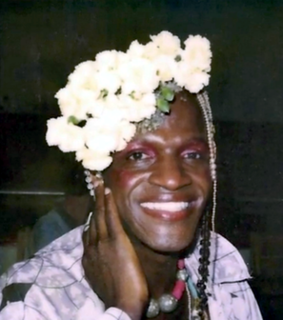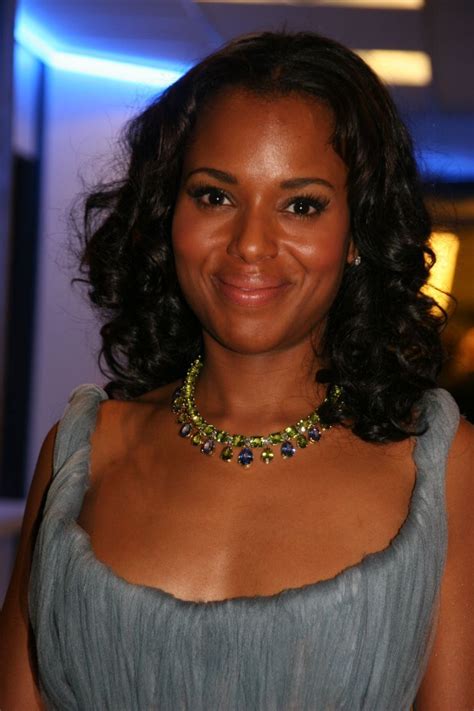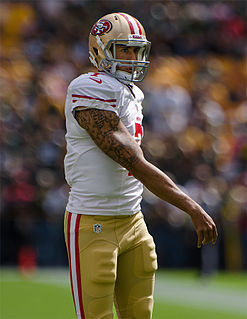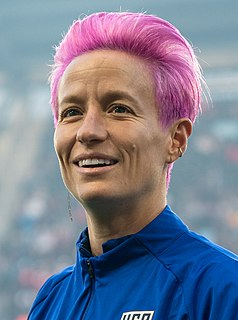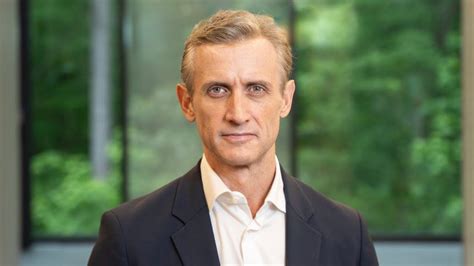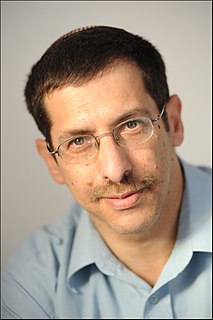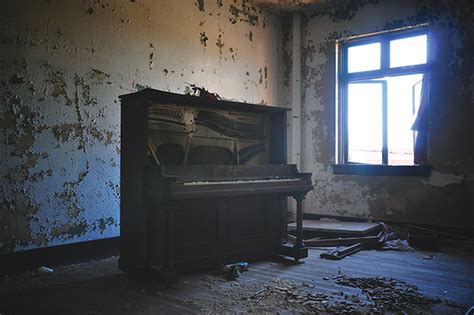A Quote by Marsha P. Johnson
We just were saying no more police brutality. And we had enough of police harassment in the Village and other places.
Quote Topics
Related Quotes
It's been rough for me trying to find my position in the struggle and where my voice is needed and helpful. You know, I grew up in Philadelphia, and Philadelphia has a really rough police-brutality history. I grew up in a neighborhood where it was very clear that the police were "them" and we were "us".
In Crash, you've got a pathological cop who at the end justifies police brutality. He tells the naïve, young cop that you're going to end up the same as him. He's the most sympathetic character in the movie. So, the naïve cop ends up murdering this Black kid and tries to cover up the evidence. It sort of justifies police brutality and the planting of evidence which is what happened in the O.J. Simpson case.
Twenty years ago, I was part of a movement of millions of people who were going after freedom. But today, they look and they say, 'What are the advantages of freedom?' So far, it's the vote and maybe, in certain places, lack of police harassment. You can live anywhere you want and do anything you want - if you have the means.
